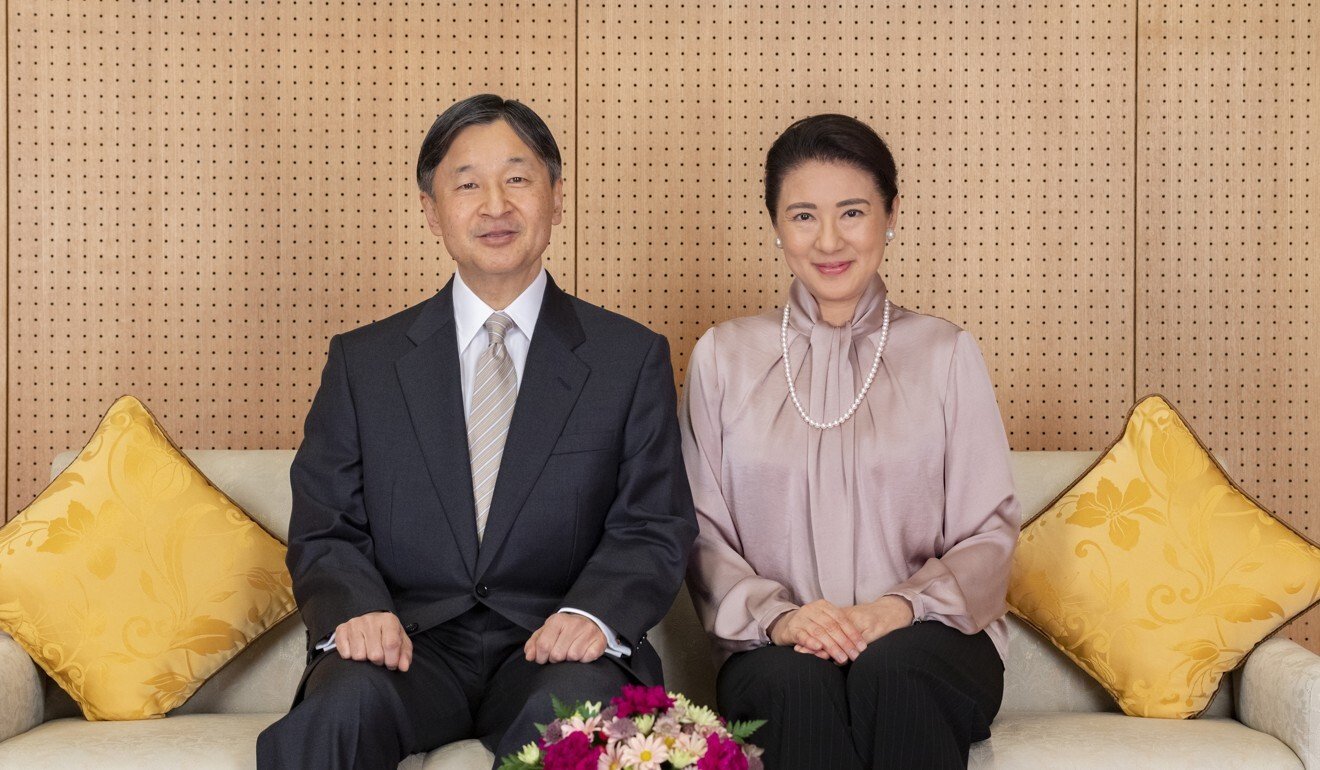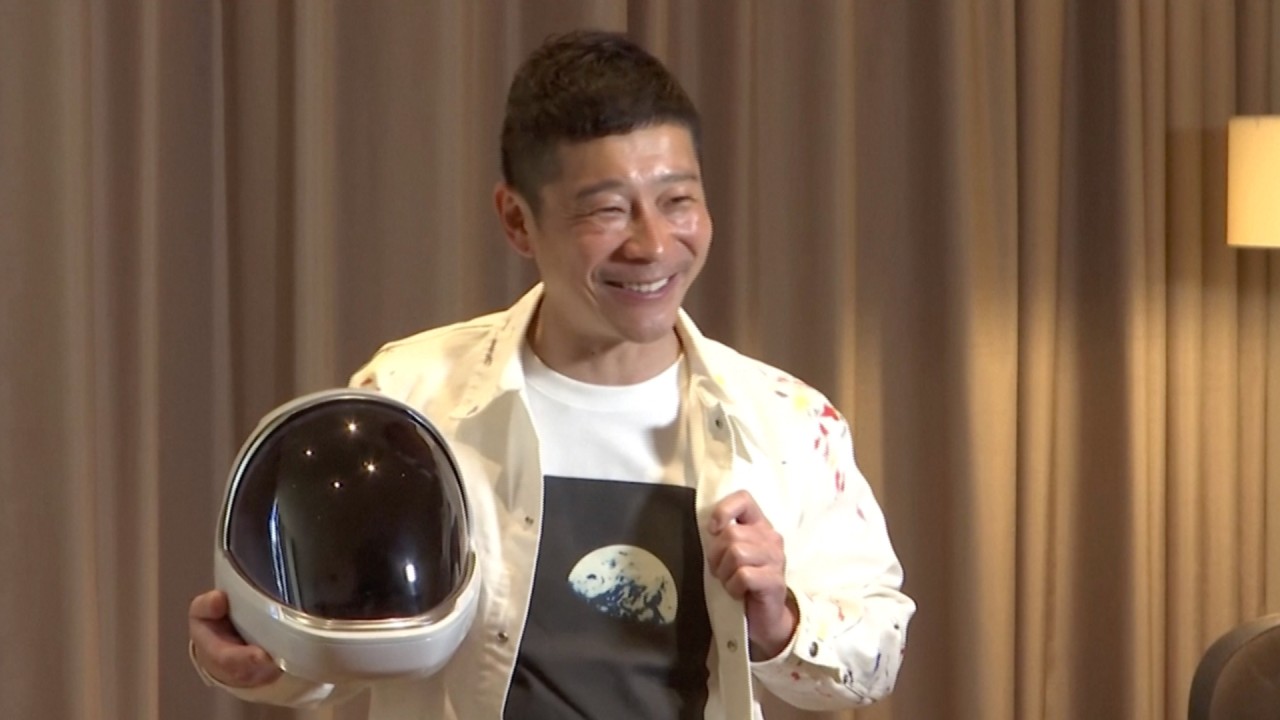
Japan’s royal conundrum: put an empress on the throne or risk Imperial Family’s extinction?
- Although the Japanese public is in favour of allowing a woman to become the head of the Imperial Family, the governing LDP is firmly opposed
- A government panel is looking into the issue of royal succession, but few expect a solution, with the risk being that the Imperial Family runs out of heirs

Like the vast majority of the Japanese public, Hiromi Murakami says the solution to the nation’s long-running conundrum over the future of the Imperial Family is really quite simple: an empress.
“It’s unpopular with the traditionalists, but changing the law to have an empress would be the easiest and quickest way out of the problem of the imperial family running out of male heirs to the throne,” said Murakami, a professor of political science at the Tokyo campus of Temple University.
According to a public-opinion poll conducted last year, 85 per cent of Japanese were in favour of allowing a woman to become their empress. Unfortunately for that clear majority, decisions in the Diet are dominated by the Liberal Democratic Party, which remains implacably opposed to an empress.

As recently as January, Prime Minister Yoshihide Suga made his position clear, saying, “Under current circumstances, male-only succession should be given priority.”
Murakami admitted that it had become “such a politicised issue that I think it will be difficult, at least in the short term, to revise the law to let a woman become empress.”
Nevertheless, that is one of the possibilities that will be discussed by a new six-person advisory panel announced by the government this week – although both sides of the debate have little expectation that the panel will reach any binding or meaningful conclusion.
There have been numerous other committees charged with the same task, but the question of royal succession still hangs over the world’s longest-serving monarchy. And the concern is that if a solution remains elusive, it is only a matter of time before the Imperial Family becomes extinct.
At present, there are a mere 18 members of the imperial family, and only seven are in their 30s or younger. Given that 61-year-old Emperor Naruhito has a daughter, Princess Aiko, but no male heir, the crown is likely to subsequently pass to 14-year-old Prince Hisahito, the son of Naruhito’s younger brother, 55-year-old Crown Prince Akishino, who is thought unlikely to ever see the throne himself. Should Hisahito fail to have a son in the future, the imperial family will run out of heirs.
Under the terms of the 1947 Imperial Household Law, only male descendants from the male line of the imperial family can become emperor. And while there have been female emperors in Japanese history, the most recent was Empress Go-Sakuramachi, who ruled from 1762 to 1771, and the laws that permitted her to rule the nation have since been altered.
Announcing the creation of the advisory panel, Chief Cabinet Secretary Katsunobu Kato said, “Securing a stable imperial succession is an important issue that goes to the basis of the nation.”
He added that the members of the panel – who include the chairman of a railway company and a former president of Keio University – have been asked to discuss the future of the nation’s monarchy “without making prejudgements” and have been given a year to come up with some possible solutions.

02:11
‘Free tickets to the moon’: Japanese billionaire seeks eight companions for SpaceX lunar trip
The problem, critics say, is that there have been numerous previous attempts to come up with a workable solution to the century-old issue, and all the possible permutations have already been identified. And none has been considered sufficiently acceptable to be put to the Imperial family or the Diet for the debate that would be required to revise the law.
And the very idea of an empress remains utterly unacceptable to the entrenched traditionalists who are the most vociferous on the subject, even though several other nations around the world have functioned perfectly well under a queen, including Britain, the Netherlands and Spain.
“To be honest, this is just window dressing,” said Yoichi Shimada, a conservative academic at Fukui Prefectural University. “We have had panels look at the future of the Imperial Family in the past and they talk and talk, but never come up with consensus on the best way forward.”
Shimada is strongly opposed to the suggestion that Japan should change the law to permit a woman to assume the Chrysanthemum Throne. Instead, he recommends that a law imposed upon a defeated Japan in 1947 by the Allied General Headquarters be rescinded to permit more distant branches of the imperial family to be once more eligible to provide a future emperor.
When I look at the members of this panel, I see people who have no particularly strong views on the monarchy, so they are going to reach the same conclusions as those other panels
“I have long believed that reversing the rule that made members of the broader imperial family commoners would be the right thing to do, and there are enough families to ensure that there is a steady supply of male heirs, solving the question of succession.”
He is not confident that the advisory panel will see it the same way.
“When I look at the members of this panel, I see people who have no particularly strong views on the monarchy, so they are going to reach the same conclusions as those other panels,” he said. “Nothing particularly groundbreaking is going to come out of this.”
Murakami may be at the other end of the political spectrum, but she agrees with Shimada’s assessment.
“I do not expect them to come up with an effective answer to the problem, as so many before them have also failed,” she said. “But we do have to consider that the Imperial Family really is on the brink of dying out. Prince Hisahito is the only young male heir and that is just not sustainable.”
The only other suggestion that has been put forward as a way out of the impasse would be for the reigning emperor to adopt a male member of one of the other branches of the imperial family, experts say.
Shimada said that approach would be acceptable to him, but Murakami pointed out that it would merely put off a genuine discussion of the role of women in the imperial family – and also in wider Japanese society.